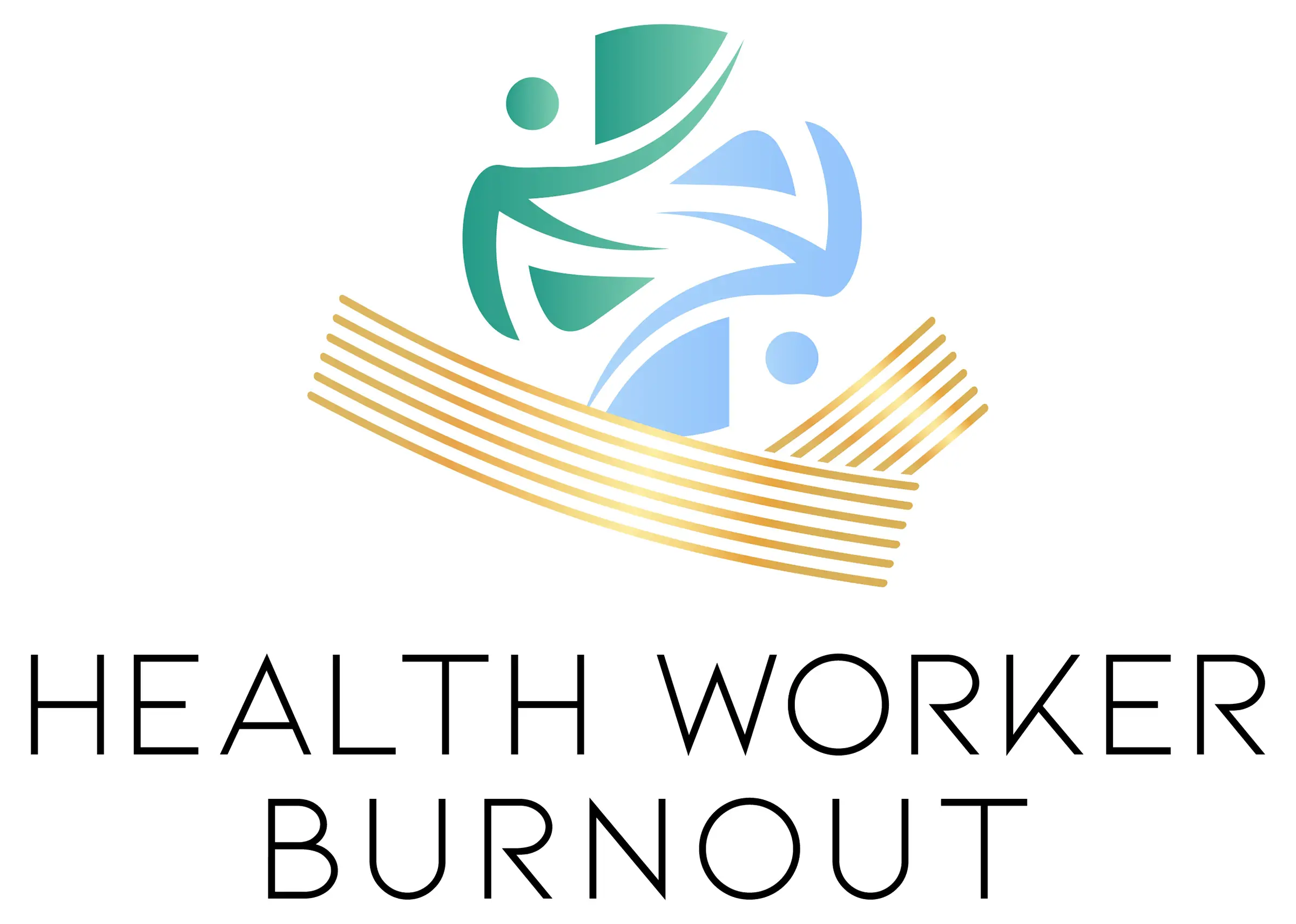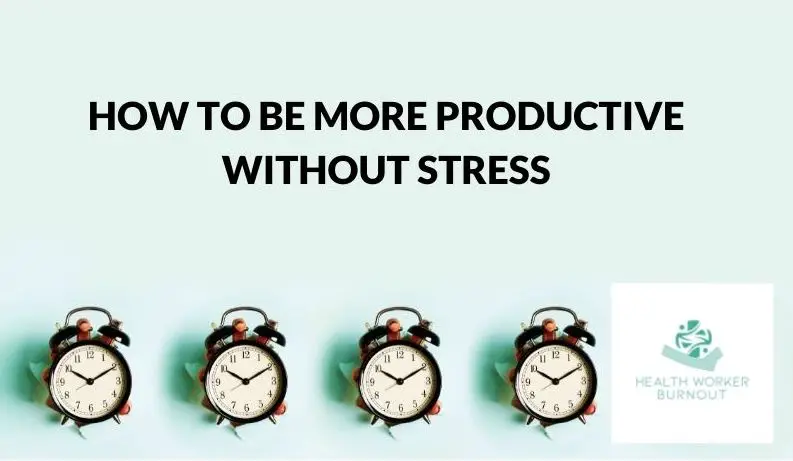According to research published in the American Health Journal, most heart attacks happen on Mondays. This shows how much stress the average individual takes regarding work. But how can someone be more productive without stress?
To be more productive without stress, you must eliminate distractions, set a schedule that considers your working habits, and gamify your work with self-set milestones and rewards. You should also be realistic in setting expectations and accepting work.
In this article, you will learn everything you need to know for a stress-free and productive workflow, including how to:
- Find out why people procrastinate
- Boost productivity in the office and home
- Accept a smaller workload
- Use time management apps to be productive
Find Out Why You Procrastinate
To avoid last-minute stress, you must find out what brings you to the last minute, where you have to scramble to get work done. People procrastinate more often because of lacking motivation and interest in their daily tasks.
At the same time, some believe that they have to be perfect at any particular job from the start and keep delaying them to avoid any kinds of mistakes and disappointment. Such people usually end up not getting their tasks done and delay them for the next day, but their habit of procrastinating doesn’t let them complete it.
Fear of failing can also be a reason why someone might be delaying and avoiding something. That’s why many people do not even give their tasks the first try because they fear failure and believe that they can’t do it.
Any distractions like cell phones or interacting with people, even when you are in the middle of your task, can end up being a reason for delay. Also, when one has loads of work to do, they get a little disturbed or stressed by the thought of it and end up delaying not just one but all of their work.
Make a Schedule You Can Follow
Make an in-detail schedule a night before, plan your next whole day, and highlight the essential things so that they don’t get left out. Start from the very beginning of your schedule and mark them done to know your accomplishments.
It’s crucial to write your schedule down in a planner or diary so that it’s all in one place, and carry it with yourself wherever you are going, keeping track if it’s possible for you.
Know your limits, and know how much you will be able to do in one day. Don’t go overboard with your daily tasks, as it will only end up spending for the next day. Don’t forget to put breaks and some fun activities in your schedule. Keep it fun and challenging at the same time. Act smart and complete one task at a time. Don’t invest your whole day in getting done one particular task if it is not essential.
Boost Your Office Productivity
If you work from an office, here are a few ways to be more productive:
- Do one thing at a time, don’t try to multitask or do different types of work altogether, as it will waste more time and won’t be of good quality.
- Give yourself and your mind a little break in between tasks to freshen up and be more active; this way, you will prepare for your next task.
- Complete smaller tasks first and then work on your bigger ones whenever you feel you are full of energy.
Here are some ways on how to boost your productivity when working from home:
- When starting your work, keep all kinds of distractions, either your gadgets or anything else, away from your workplace so that you don’t lose your flow.
- Choose that place or room of your house where you are most likely not to get disturbed by any means and concentrate completely.
- Take small breaks and have a walk around the house or get some snacks to freshen up your mind and give your body a rest.
Leverage Habits to Be More Productive
The power of habit is vital as it automates your success. To increase your level of productivity, you have to stop multitasking, as it can be stressful and takes more of your time than usual. When you do so, you won’t be able to manage the quality of your work.
Add healthy fruits and vegetables to your meal, as they will boost your energy and won’t make you lazy. Being an early morning bird will give you more time in your hand, and you will be more alert all day long as a good diet plays an important role. Give yourself a little a break whenever it’s possible because you will feel tired if you don’t do so, or you can also use the 80/20 minutes rule.
Make a to-do list a night before, and schedule your whole day so that you don’t waste your time on any other thing. Get your important tasks done first, or get them done before lunch, as it is the time when one feels the freshest out of all day.
Manage Workload Size
If you have a backlog of assignments stressing you out, you need to enact the best practices listed below.
Don’t overload things. Know your limits and admit them. Try getting done as many tasks as you can, instead of stressing about how you will get it done and wasting your time. Pick the most important tasks first so that they don’t make it to the pending list at the end of the day.
Also, complete one task at a time and dedicate yourself to getting that particular task done as fast as you can, and don’t stress about the time as the quality is more important.
When starting an assignment, make sure to check and keep in mind its deadline to work accordingly, and it shouldn’t be late. Be kind to yourself and give yourself some small breaks in between all of your hard work so that your mind can relax.
Use Time Management Apps
- If you tend to waste more of your time using a cell/mobile phone, then RescueTime is the perfect app for you, which tracks and blocks distraction.
- Remember The Milk is an app in which you can manage all of your tasks, and this way, you also won’t forget about anything.
- By Toggl, you can track the exact time spent on your daily tasks and projects, and it makes it a lot easier to plan more of your other tasks for the day according to the time.
Stop Getting Distracted by Social Media
Turn off your notifications or switch it to silent mode whenever you don’t want to get distracted by social media. You can set up a screen time on your phone or add a limit to the usage of any of the applications that may distract you from your important work. You can also switch off your phone or turn on airplane mode to avoid distractions at any time.
Instead of spending time on social media, replace it with fun activities to distract yourself or make a strict schedule for your social media use, and try to follow it at all times. You can also do this with the help of setting a screen time on your cell phone.
How to Focus When Your Work Involves Social Media
It can be tough to reduce social media use if your work involves social media. However, you can create a line between your personal social media use and your work-related social media use, and add all your social media applications in a different folder or page. This way, you won’t be able to see them every time you use your phone. Leave the personal social media use for home and avoid using it.
Make a schedule of your daily work-related social media tasks and limit yourself only to that in the office timing. Add a 15 to 20 minutes break in your schedule so that you can use your social media in that time and won’t be distracted by it while working. If necessary, log out of your personal accounts from any of the devices you may be using at your office—just to avoid using them. You can learn more with an occupational therapist how to reduce stress related work by using effective techniques to help you manage your daily tasks.
Final Thoughts
Productivity can be effortless if you use the right tools and start early. Here’s a recap of what you must do:
- Find the cause of your procrastination.
- Boost your office work effectiveness.
- Increase your productivity at home and make it a habit.
- Acknowledge limits and accept the smaller workload.
- Use apps to manage your time.
Content Disclaimer
The information contained above is provided for information purposes only. The contents of this article are not intended to amount to advice and you should not rely on any of the contents of this article. Professional advice should be obtained before taking or refraining from taking any action as a result of the contents of this article. HealthWorkerBurnout.com disclaims all liability and responsibility arising from any reliance placed on any of the contents of this article.
Copyright Notice
These works are protected by copyright laws and treaties around the world. We grant to you a worldwide, non-exclusive, royalty-free, revocable licence to view these works, to copy and store these works and to print pages of these works for your own personal and non-commercial use. You may not reproduce in any format any part of the works without our prior written consent.
Copyright © 2022 HealthWorkerBurnout.com
Sources
- ScienceDirect: Temporal changes in myocardial infarction incidence rates are associated with periods of perceived psychosocial stress: A SWEDEHEART national registry study
- Coaching Positive Performance: 6 Common Reasons People Procrastinate
- Forbes: 5 Ways To Increase Your Productivity At Work
- VU.edu: 6 WAYS TO AVOID SOCIAL MEDIA DISTRACTION WHILE LEARNING ONLINE
- https://occupationaltherapyblog.com/10-ways-occupational-therapists-can-help-you-deal-with-burnout/
- https://htneurorehab.com/


2 comments
Comments are closed.